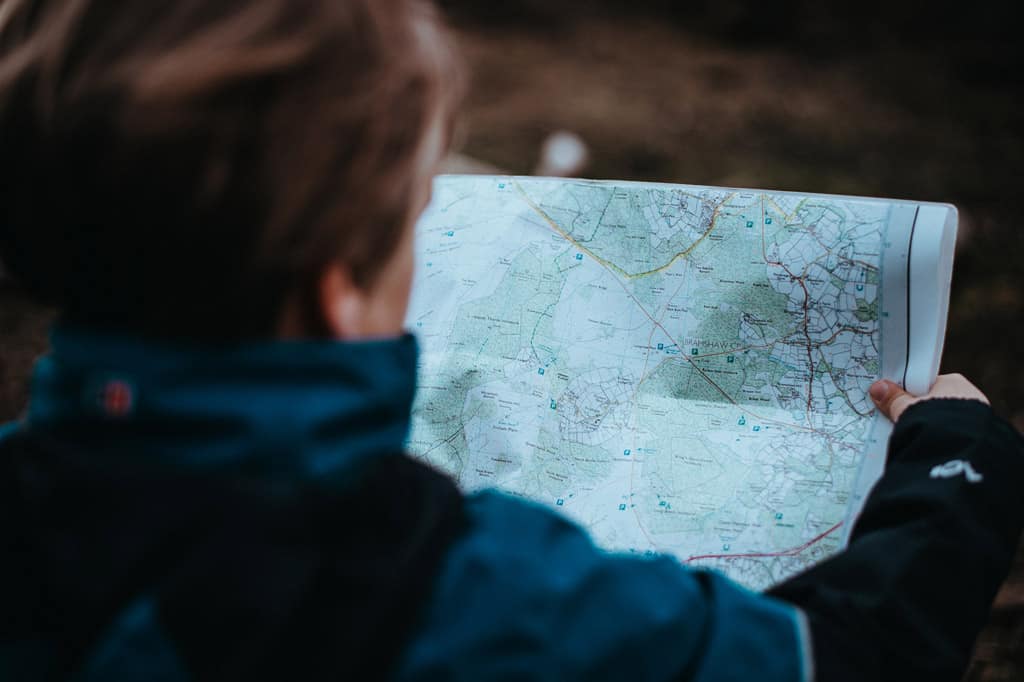Due diligence is the process of investigating and evaluating a potential investment before making a final decision. It is especially important when buying rural vacant land, as there are many factors and risks that can affect the value and feasibility of the land. In this essay, I will discuss how one can conduct due diligence on rural vacant land before making a purchase.
One of the first steps of due diligence is to verify the ownership and title of the land. This means checking the legal documents and records that prove who owns the land and what rights and obligations they have. For example, one should look for the deed, the survey, the easements, the liens, the encumbrances, and the taxes of the land. One should also check if the land is subject to any disputes, claims, or lawsuits. By verifying the ownership and title of the land, one can avoid buying land that has unclear or problematic ownership.
Another step of due diligence is to inspect the physical condition and characteristics of the land. This means visiting the land and examining its features and quality. For example, one should look for the soil type, the topography, the drainage, the vegetation, the wildlife, the climate, and the access of the land. One should also check if the land has any hazards, such as floods, fires, landslides, or contamination. By inspecting the physical condition and characteristics of the land, one can assess the suitability and potential of the land for their intended use.
A third step of due diligence is to research the market and regulatory environment of the land. This means analyzing the supply and demand, the trends, and the prices of similar properties in the area. For example, one should look for the comparable sales, the appraisals, the listings, and the forecasts of the land. One should also check the zoning, the planning, the permits, and the restrictions that govern the use and development of the land. By researching the market and regulatory environment of the land, one can determine the value and profitability of the land.
Ultimately, due diligence is a vital and complex process that requires careful and thorough investigation and evaluation. One should consider the ownership and title, the physical condition and characteristics, and the market and regulatory environment of the land before buying rural vacant land. By doing so, one can avoid pitfalls and make an informed and wise decision.

